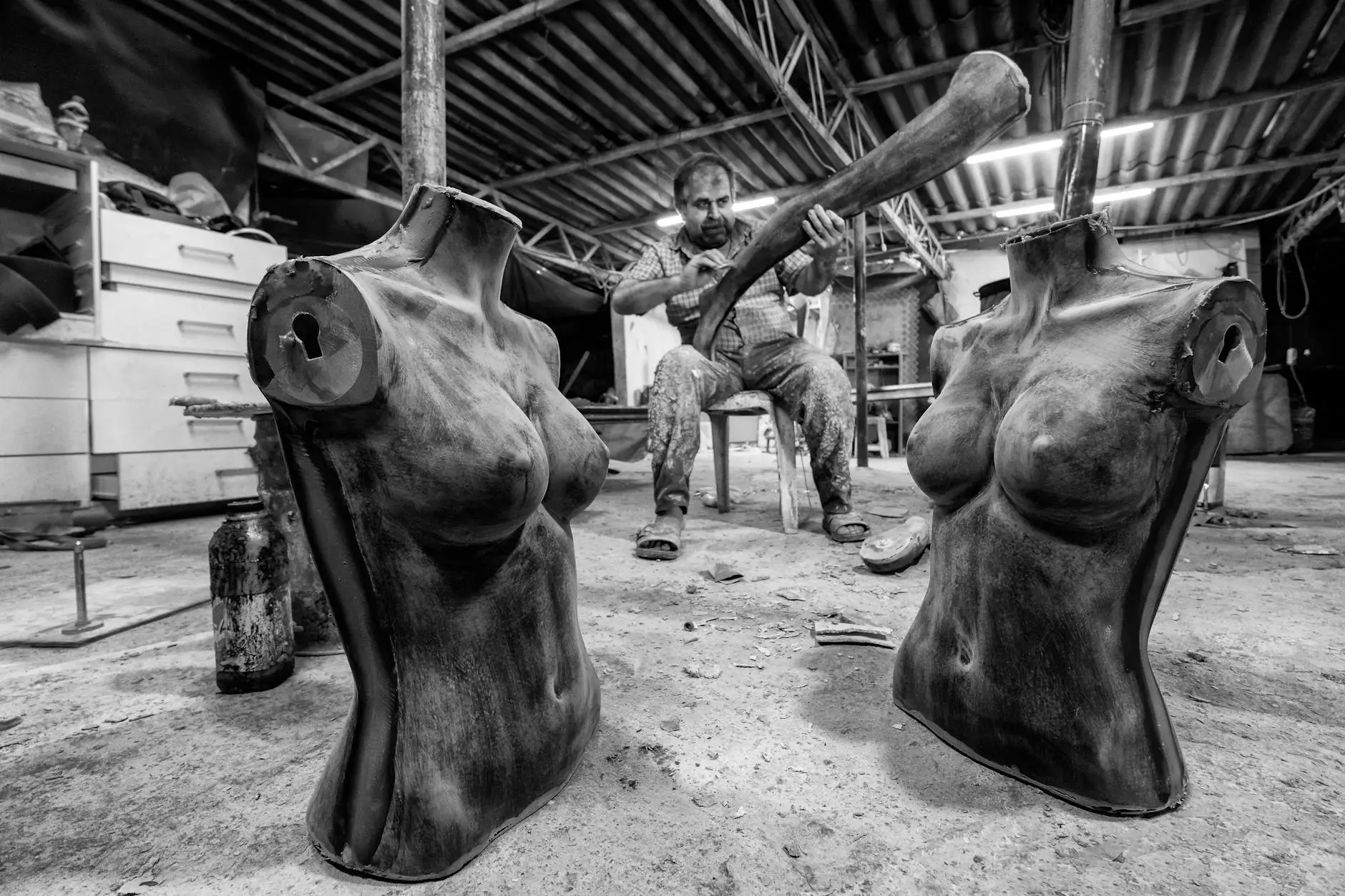The Advantages of Dental Crowns

Dental crowns, also known as caps, are a widely used dental restoration that can provide various benefits to individuals seeking to improve their oral health. While there are common concerns regarding the disadvantages of dental crowns, it is equally essential to highlight their numerous advantages. Let's delve into the positive aspects of dental crowns and how they can enhance your overall dental well-being.
Enhanced Protection
One of the primary advantages of dental crowns is the enhanced protection they offer to weakened or damaged teeth. When a tooth is cracked, chipped, or severely decayed, a dental crown can effectively restore its structure and provide added strength, preventing further damage and potential tooth loss.
Improved Aesthetics
Not only do dental crowns offer functional benefits, but they also contribute to a more aesthetically pleasing smile. Crowns can be customized to match the color, shape, and size of your natural teeth, seamlessly blending in with your existing smile and enhancing your overall appearance.
Long-Term Durability
Unlike some other dental restorations, dental crowns are known for their durability and longevity. With proper care and maintenance, a well-fitted crown can last for many years, providing a reliable solution for individuals looking for a lasting dental treatment option.
Restoration of Functionality
Individuals with damaged or weakened teeth often experience challenges with chewing and speaking. Dental crowns can restore the functionality of the affected teeth, allowing for improved eating habits, clearer speech, and overall better oral function.
Protection of Surrounding Teeth
By encasing a damaged tooth entirely, dental crowns not only protect the treated tooth but also safeguard the surrounding teeth from potential strain or damage. This proactive approach to dental care can help prevent future dental issues and maintain the health of neighboring teeth.
Versatile Applications
Dental crowns are incredibly versatile and can be utilized for various dental purposes, including covering dental implants, supporting dental bridges, and restoring severely decayed or misshapen teeth. This adaptability makes crowns a valuable option for a wide range of dental concerns.
Customized Treatment
Each dental crown is custom-made to suit the unique needs and preferences of the patient. Whether you require a crown for cosmetic reasons or functional restoration, your dentist can tailor the crown to achieve the desired outcome, ensuring a personalized treatment approach.
Minimal Maintenance
Once a dental crown is securely placed, it requires minimal maintenance compared to other dental restorations. Routine oral hygiene practices, such as brushing, flossing, and regular dental check-ups, are usually sufficient to maintain the integrity and longevity of the crown.
Cost-Effective Solution
Despite initial costs, dental crowns can be a cost-effective long-term solution for individuals in need of reliable dental restoration. By addressing dental issues early with crowns, patients can potentially avoid more extensive and costly treatments in the future.
Conclusion
Overall, the advantages of dental crowns far outweigh any potential drawbacks, making them a popular and beneficial choice in modern dentistry. From providing enhanced protection and aesthetics to promoting long-term durability and functionality, dental crowns offer a comprehensive solution for individuals looking to improve their oral health and restore their smile.









